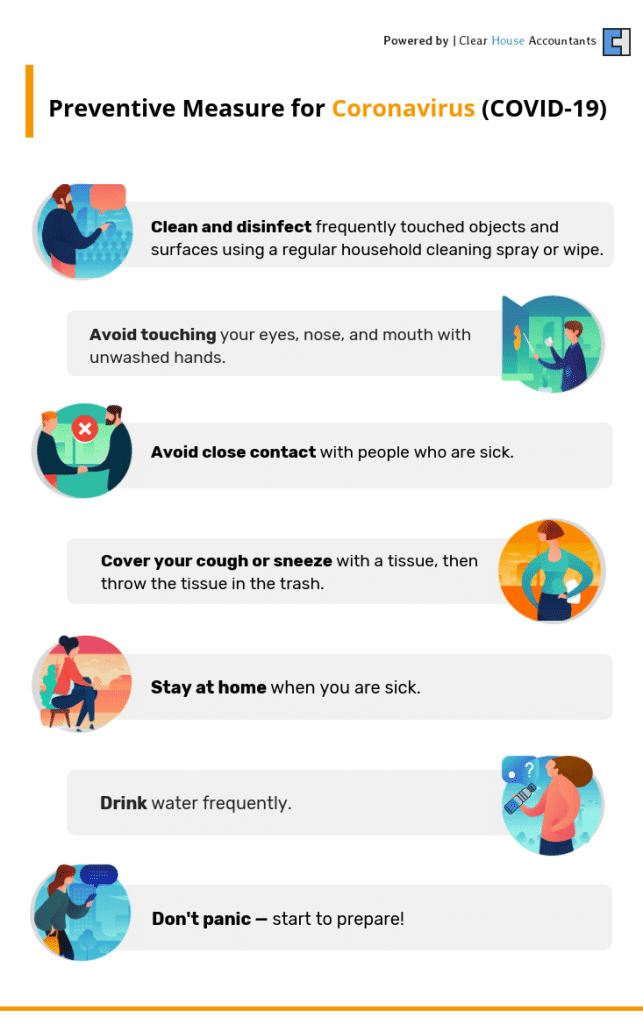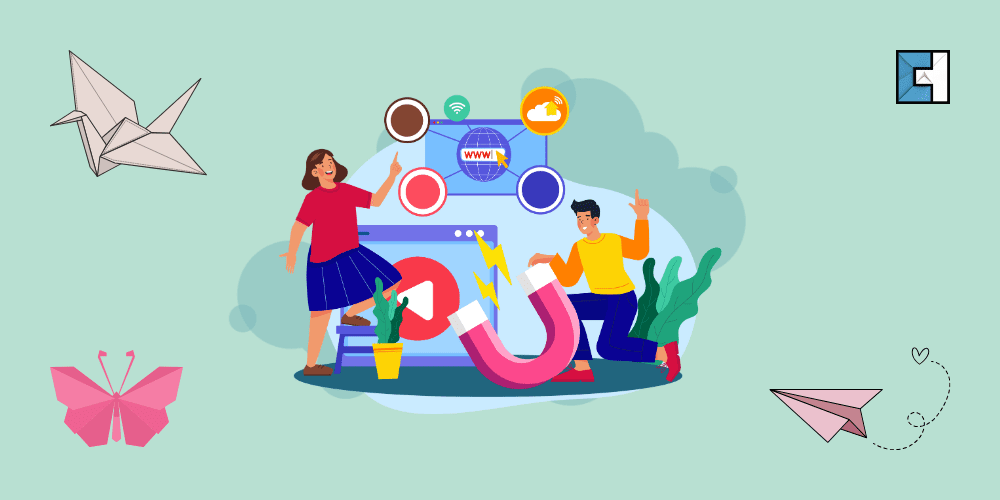What are the rules around salary when someone self-isolates under coronavirus
Coronavirus and the global outcry
The global outbreak of COVID-19, a new strain of the coronavirus family, has taken thousands of lives in the past few months. The virus is believed to have originated in a seafood market in Wuhan, Mainland China, in late 2019. COVID-19 is super-contagious and has been declared as a pandemic after the H1N1 influenza pandemic back in 2009. The virus is known to be of zoonotic nature and can be transferred between humans and animals. The alarming effects of the virus have forced the World Health Organization (WHO) to declare a global health emergency in 2020.
COVID-19 is expected to cause a devastating blow to the world economy. It has already led to a sharp fall in the global crude oil prices. The plummeting oil prices have sent shockwaves throughout the financial markets of the world. Since the global financial crisis in 2008, many shareholders have been expecting a severe market crash.
The current global crisis is also expected to pave the way for a recession with consequences at a global level. This might be even worse than the 2008 recession. According to Bloomberg’s predictions, COVID-19 could cost the global economy over 2 trillion dollars.
With over 114,000 confirmed cases reported from over 100 different countries, areas or territories, the global death toll has reached over 4,000 in just a matter of months. The infected countries have already started implementing strict measures for the robust containment of this deadly disease. Countries are heavily investing in activities to control the fast-spreading disease. There is a rigorous screening of foreign and local travellers at airports and on other entry points as well. There is also restricted public movement in the countries that have been struck by the virus.

What is happening in the UK?
The UK has been listed in the top 15 countries with a high number of infected individuals. The country has over 300 COVID-19 confirmed cases and five victims who have succumbed to this deadly pandemic. Corona COVID-19 has triggered a countrywide panic, with many fearing for their lives and the lives of their close ones.
As the novel Coronavirus stretches its arms across the UK, many people have started self-isolating themselves. This has affected the working environment at offices as employers are confused about whether they should be paying or not paying the employees who have self-isolated on medical grounds. The purpose of our article today is to help employers understand the legal stance on whether they need to pay their employees or not if they have placed themselves under isolation.
Statutory Sick Pay (SSP) Rules and how they apply?
The UK has now moved onto the second stage of the Coronavirus. With the surge in the number of COVID-19 cases in the UK daily, National Health Services 111 (NHS) or Public Health England has advised individuals who are experiencing flu-like symptoms to self-isolate at home for at least 14 days. They have also been advised to avoid public gatherings and official meetings of any sort.
Health advisory suggests that people returning from Mainland China, South Korea, Iran, and Italy should seek self-isolation even if they are not showing flu-like symptoms. The statement by the Health Secretary emphasizes that those pursuing self-isolation on medical grounds should be placed on ‘medical or sick leave’, and will also be eligible for Statutory Sick Pay (SSP).
According to the Social Security Contributions and Benefits Act (1992), the SSP rules depend on the employee being ‘incapable’ of performing employment duties under their employment contract. This can either refer to a particular disease or disability (physical/mental). The rules also state that if COVID-19 has not affected the employees, then they most likely do not have a ‘disease’ or ‘disablement’, which makes them ineligible for paid leaves.
The rule also considers cases where the employee is deemed incapable of performing employment duties, according to the recent ‘General’ Regulations of Statutory Sick Pay (1982). Employees can avail paid leaves given that the employee submits a written request or notice that is considered legal under the law. The application should be inclusive of proof that the employee under inspection has a real or suspected case of the ‘relevant infection or contamination’ (COVID-19 in this case).
What does relevant infection or contamination mean?
The term ‘relevant infection or contamination’ means the prevalence or spread of infection, pathogens or contamination. Public Health Protection measures are taken to prevent, shield against, control or issue a public health response to such prevalence or spread of that infection or contamination.
What are the rules in the Health Protection Regulations (2020)?
The provisions set out in the Health Protection (Coronavirus) Regulation (2020) have been applied in England since 10 February 2020. The Health Protection Regulations declare COVID-19 as a grave threat to the health of the people. The rules introduced in the act are aimed towards containing or controlling the spread of the virus to other parts of the country.
Therefore, if any employee working in England pursues self-isolation on medical advice and also has been issued a written confirmation notice for this, then they are eligible to be considered as ‘incapable of working’ and will be able to benefit from Statutory Sick Pay (SSP). Medical advice from the National Health Service 111 (NHS), Public Health England or any certified medical professional is acceptable.
However, an employee who is unable to justify his health condition and has not been able to submit a written request or notice is not entitled to SSP benefits.
What are the rules according to the Public Health (Scotland) Act (2008)?
The definition of relevant infection or contamination in Scotland says that any infectious disease defined within the scope of the Public Health (Scotland) Act (2008) is applicable. The compensation rules apply to those who are eligible according to the act and have been declared to be placed under quarantine.
If the payment of contractual sick pay exceeds the SSP, then the rules of the employee’s employment contract will apply. However, if the employees are healthy and not sick, the chances are that they will not be covered according to the terms of their contractual sick pay plan. However, this rule comes with a risk. If you don’t pay your employees during sick leave, they will most likely come to the office and increase the probability of spreading the virus.
Also, as an employer, you should bear in mind that self-isolation doesn’t imply that your employee is incapable of working at all. They can still work from home, especially if they have not been infected yet. Thus, as an employer, you may choose not to pay discretionary sick pay if the employee is able to work from home and only requires self-isolation. In that case, the employer is not liable to pay them SSP.
Frequently asked questions
Will I be paid for illness if I’m advised for self-isolation?
According to the new measures introduced, SSP will cover everyone considered eligible and has requested for self-isolation. This is the case even if the individual does not show any symptoms yet.Effective from the first day of the quarantine, the SSP allows £94.25 every week for individuals seeking self-isolation.
Is a ‘sick note’ required or not?
You will not be needing a sick note in order to go under self-isolation. However, employees can acquire a sick note through NHS 111.
Are you eligible for sick pay if you are self-employed?
Previously, self-employed individuals were unable to receive SSP. However, the legislation will now allow individuals to enjoy benefits quickly and easily. These may include people who earn less than £118/week, and even for those who are on zero-hours contracts.
Is a small business owner liable to cover the cost of their employee’s sick pay?
According to the new measures, the UK government will provide full financial support to companies with less than 250 people employed to provide SSP for 14 days. Such government actions can help raise over 2 billion for almost two million businesses.
On the other hand, the government will throw away business rates for thousands of small companies by next year to provide financial support and relief amidst the deadly Covid-19 pandemic.
Moreover, businesses like cinemas, restaurants, music venues and local shops with a rateable valuation below £51000 will not be required to pay the tax for the coming financial year (2020-21).
What condition makes the SSP eligible for an employee?
Employees are eligible for Statutory Sick Pay (SSP) if they pursue self-isolation on medical grounds followed by written notice.
What conditions make the SSP ineligible for an employee?
If the self-isolation is voluntary without any request or notice in writing, then they don’t qualify for Statutory Sick Pay (SSP).
In case the employees are performing their employment duties from home while under self-isolating, then they won’t be able to enjoy Statutory Sick Pay due to their absence from work.
If you are struggling with operating payroll efficiently under SSP, SMP, etc., speak to us at Clear House Accountants to see how we can help. an attractive option for future business ventures.









































































